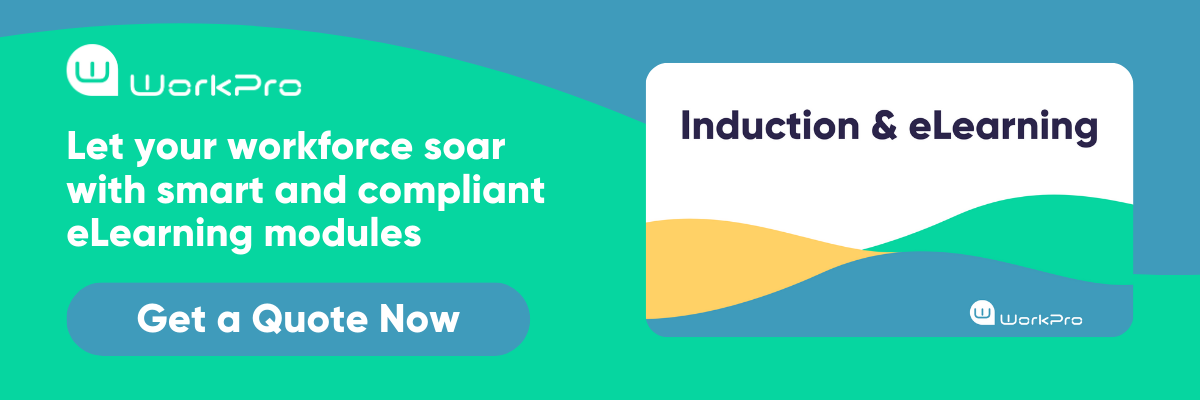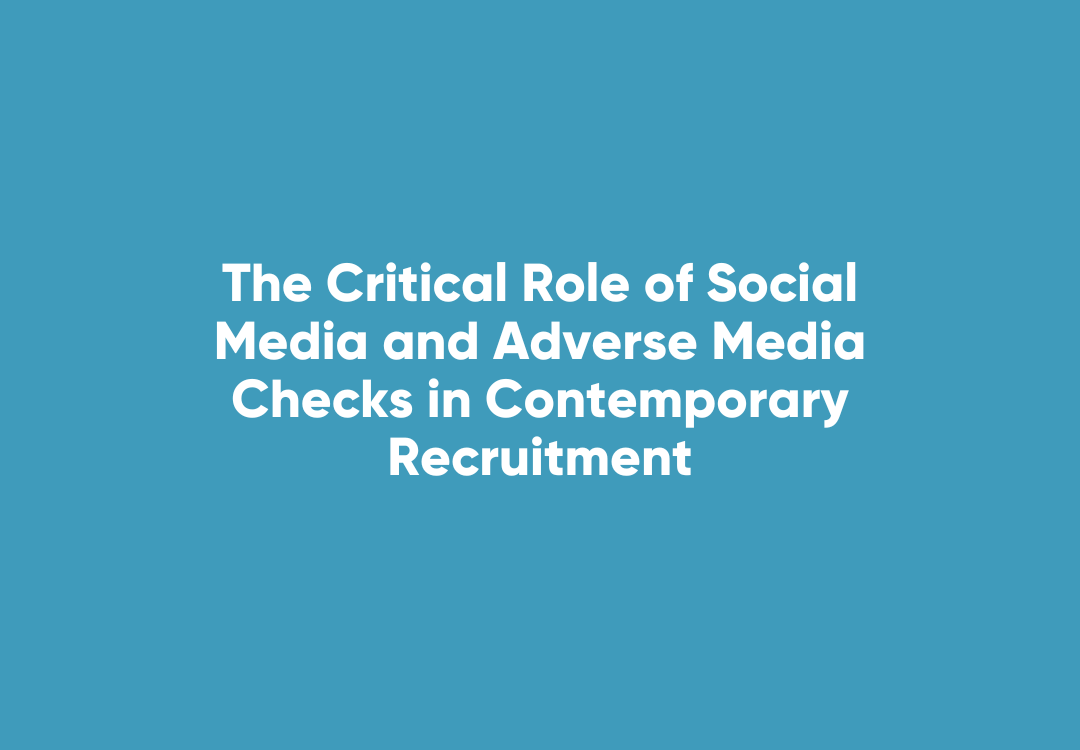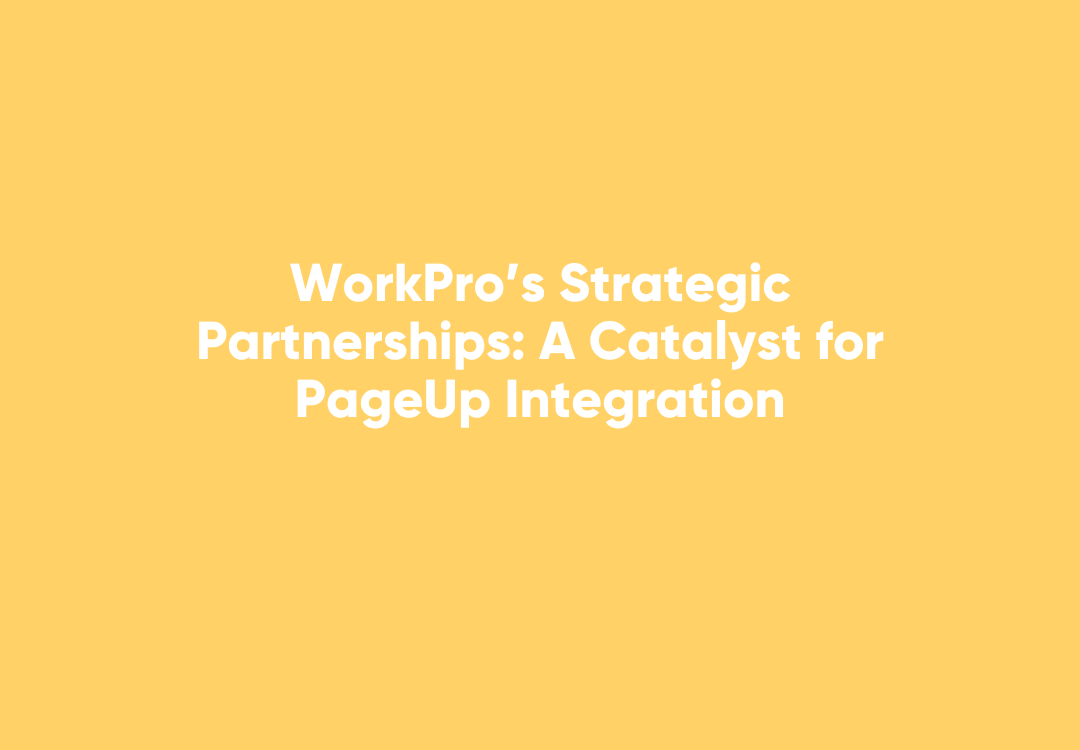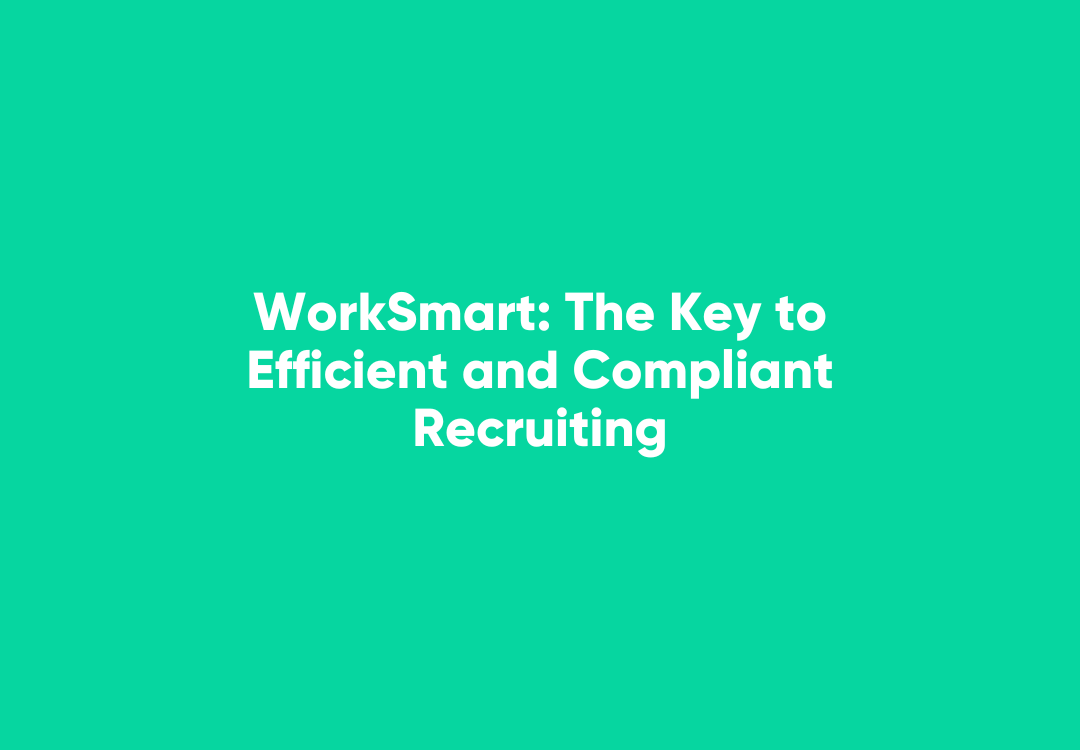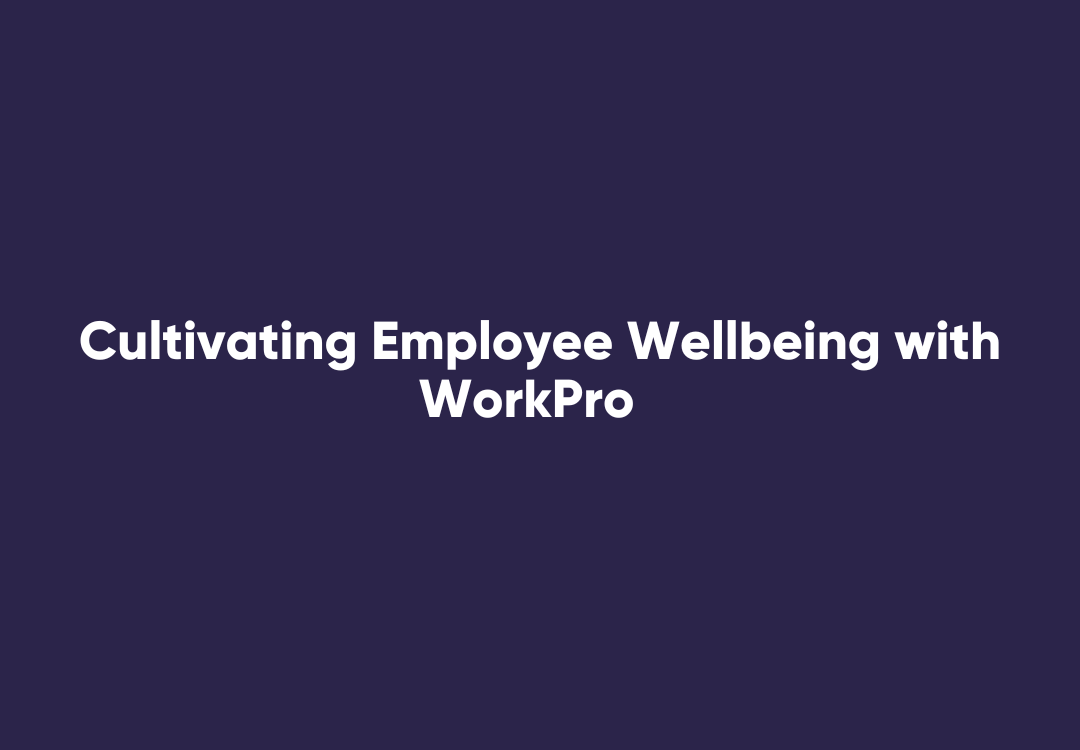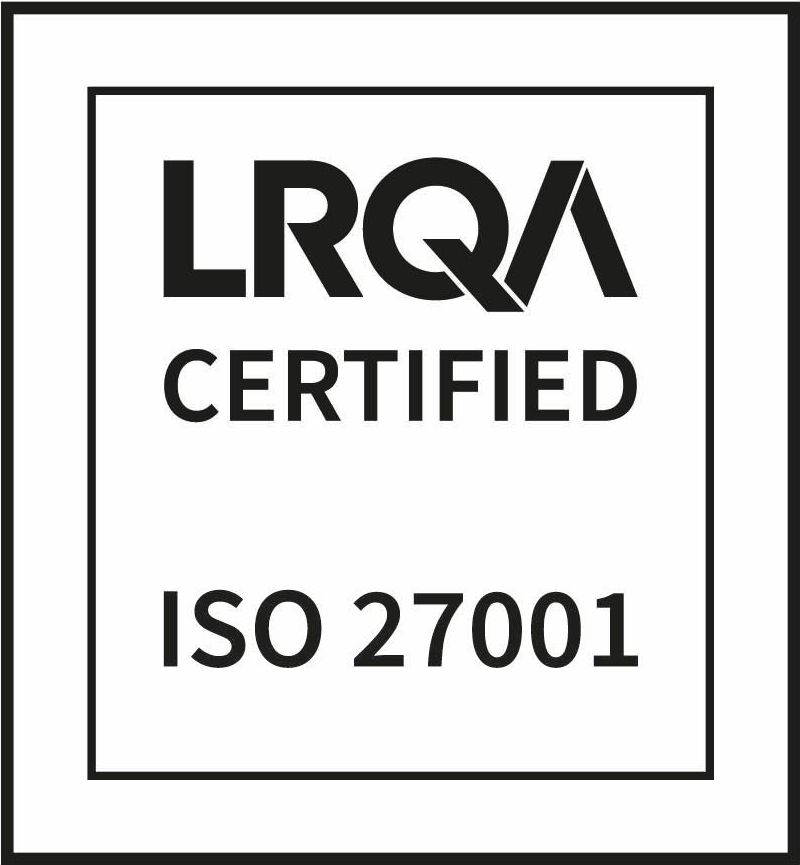Adapting Your WHS induction for Varied Worker Types
There are a number of options available to candidates when looking for a job in Australia.
Some prefer to have permanent employment contracts at jobs found through traditional channels, while certain sectors feature a large number of workers placed through agencies into positions under on-hire contracts.
Alongside these more common contract types, UpWork notes that 32 per cent of Australian workers operate as freelancers, and the results of a McCrindle Research survey indicate that the rollout of the National Broadband Network will allow 12 per cent of employees to work remotely at least some of the time.
Australians are fortunate to have these options available; however, managing a variety of worker types can be challenging for businesses when it comes to compliance.
There are many reasons why someone might choose to work remotely.
The Australian Bureau of Statistics notes that there are just under 12 million people employed across the nation.
How can your organisation ensure that work health and safety (WHS) regulations are being followed, regardless of where your staff are located?
WHS compliance for on-hire employees
How can your organisation ensure that work health and safety regulations are being followed?
On-hire employment occupies a significant segment of the total national workforce, so WHS regulations have been adapted to specifically cater to people working under these arrangements.
Considering there are often more people involved in the employment process – workers, labour hire agencies and host organisations – precisely who is responsible for meeting WHS obligations is not always clear.
According to the Fair Work Ombudsman, the on-hire business that places the worker is considered the employer, and is therefore responsible for meeting any employee entitlements.
Specific WHS responsibilities, on the other hand, must be managed by both the agency and the host organisation where the employee will be working.
Similarly, host organisations have obligations under the Fair Work Act 2009 in relation to general workplace protections, including unlawful workplace discrimination, and ensuring that on-hire employees in their places of business are not subjected to discrimination or sexual harassment.
WHS compliance for remote workers
On-hire employment contracts require special WHS considerations.
The compliance challenges involved with remote workers are somewhat unique, and therefore require special attention at the WHS induction stage.
WHS legislation applies to all types of work and workplaces; your organisation may be liable for any incidents regardless of whether employees are in the head office or on the other side of the country.
Compliance challenges involved with remote workers require special attention at the WHS induction stage.
Including a safety checklist for remote and isolated work as part of your WHS induction – covering aspects like security, communication, amenities and facilities and emergency response – is a smart strategy to ensure as much is being done to manage risk as is reasonably practicable.
Should an unfortunate incident happen to your remote employees – perhaps they are incapacitated in some way while carrying out their duties – it is unlikely to be immediately apparent.
Establishing a system of regular monitoring is a further step you can take to ensure the wellbeing of employees working remotely or in isolation.
Delivery of WHS information
The most valuable and relevant WHS compliance information needs to be delivered to on-hire and remote workers upon commencement of their job.
For that reason, every workplace must have a solution in place for providing all the details a new worker will need during the induction process.
Creating a culture of compliance with more accurate reporting systems will result in much more effective management of compliance.
By clearly addressing your obligations during the initial staff induction, you can set the precedent for workers to follow and ensure your organisation is aware of any intricacies of on-hire or remote work early.
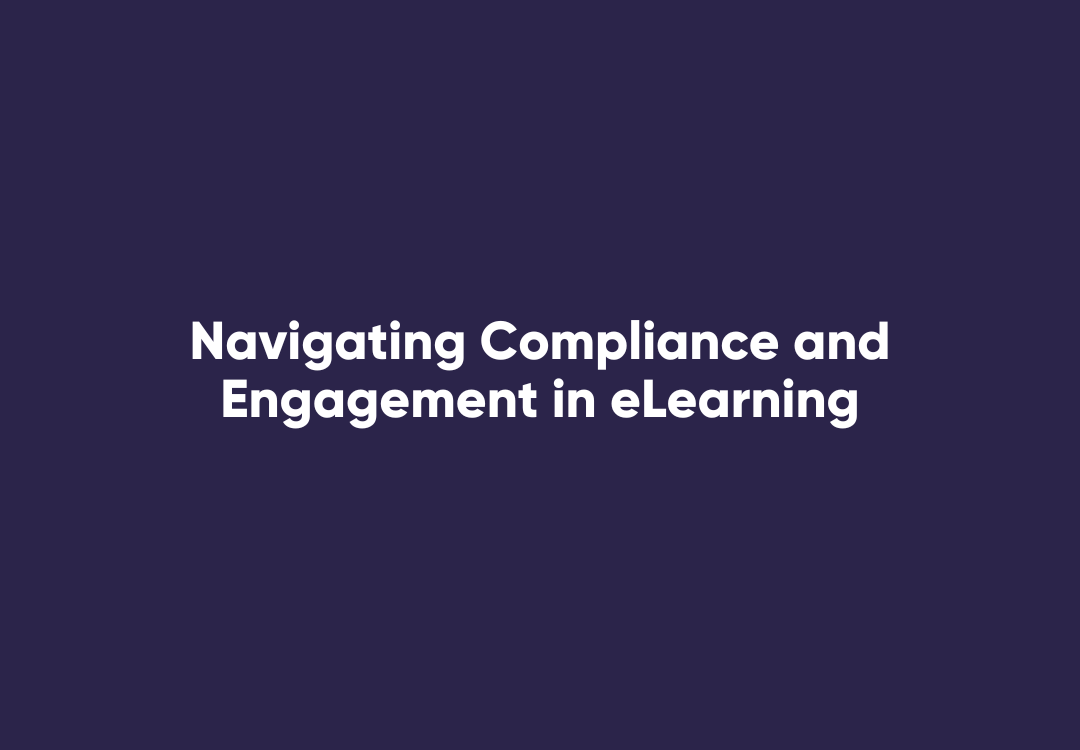
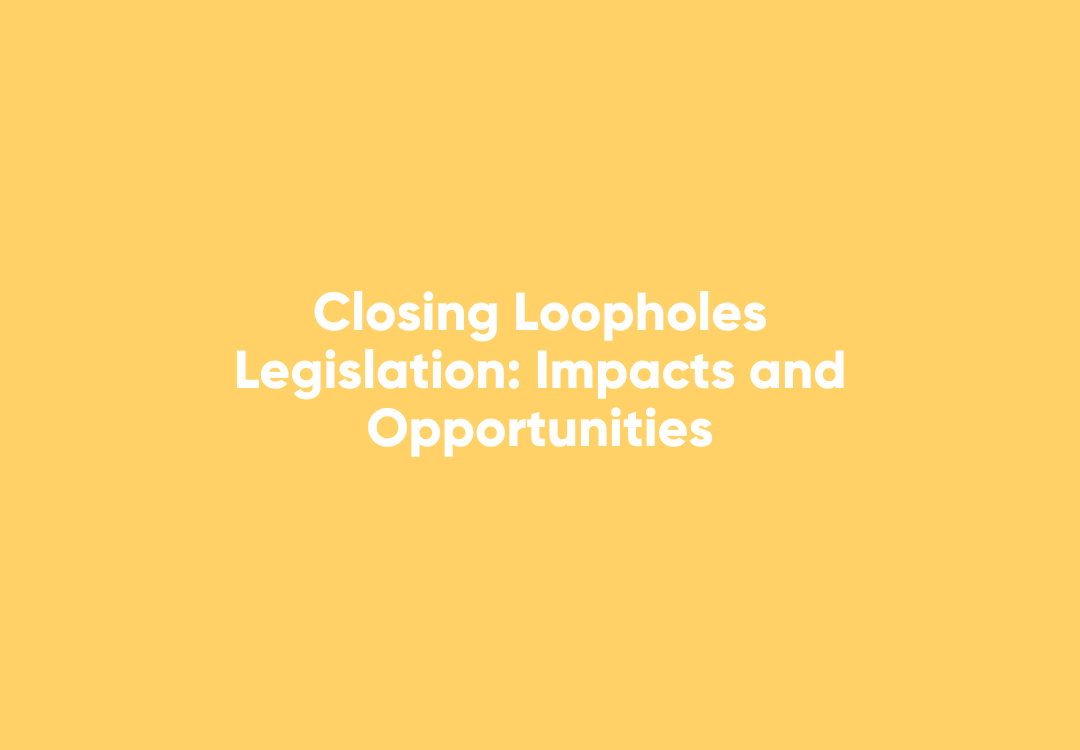
© Copyright 2024 WorkPro Privacy Policy | Terms of Service | Terms of access


